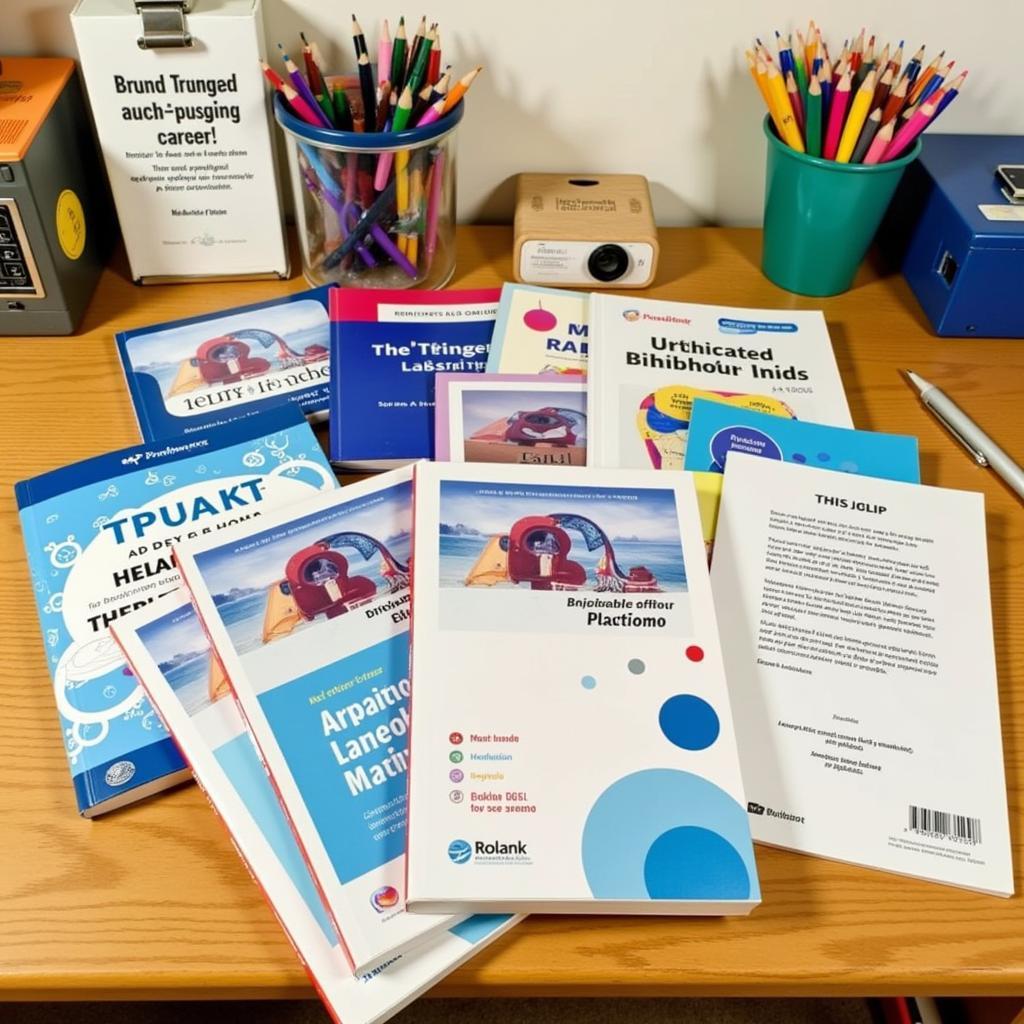Giỏ hàng hiện tại chưa có sản phẩm nào!

Vocabulary for IELTS: The Ultimate Guide to Ace the Test
Mastering a wide range of vocabulary is crucial for achieving a high score in the IELTS exam. Whether you’re aiming for band 6 or band 8, having a strong vocabulary will significantly enhance your performance in all four sections: Listening, Reading, Writing, and Speaking. This comprehensive guide will provide you with effective strategies and valuable resources to boost your vocabulary for IELTS success.
Why is Vocabulary Important for IELTS?
Vocabulary plays a pivotal role in the IELTS exam as it directly impacts your ability to:
- Understand complex texts and conversations: A rich vocabulary enables you to comprehend a wider range of topics and nuances in both written and spoken English.
- Express yourself clearly and accurately: Using precise and varied vocabulary allows you to convey your ideas effectively and demonstrate your language proficiency.
- Achieve a higher Lexical Resource score: This crucial scoring criterion assesses the range, accuracy, and flexibility of your vocabulary usage.
Effective Strategies to Expand Your IELTS Vocabulary
Building a strong vocabulary requires consistent effort and effective strategies. Here are some proven methods to enhance your word power:
-
Read Widely and Strategically:
- Choose materials related to common IELTS topics: Focus on areas like education, technology, environment, health, and society.
- Actively engage with the text: Underline unfamiliar words, try to guess their meanings from context, and then look them up in a dictionary.
- Record new words and their definitions: Use flashcards, vocabulary notebooks, or mobile apps to create personalized word lists.
- Practice using new words in context: Write sentences or short paragraphs incorporating the newly learned vocabulary.
-
Listen Actively to English Audio:
- Listen to podcasts, documentaries, and news broadcasts: Pay attention to the pronunciation, usage, and collocations of different words.
- Use subtitles strategically: Start with subtitles in your native language and gradually transition to English subtitles.
- Focus on understanding the overall meaning: Don’t get bogged down by every unfamiliar word, try to grasp the main idea.
-
Learn Vocabulary in Context:
- Don’t just memorize word lists: Instead, learn words in phrases, sentences, and paragraphs to understand their usage and collocations.
- Pay attention to word families: Explore different forms of a word, such as nouns, verbs, adjectives, and adverbs (e.g., “success,” “succeed,” “successful,” “successfully”).
- Use a dictionary and thesaurus effectively: Look up not only definitions but also synonyms, antonyms, and example sentences.
-
Practice Regularly and Consistently:
- Make vocabulary learning a daily habit: Dedicate a specific time each day to study new words and review previously learned ones.
- Use spaced repetition techniques: Review words at increasing intervals to reinforce your memory.
- Incorporate new vocabulary into your speaking and writing: Actively try to use the words you’re learning in your daily communication.
 IELTS Preparation Books
IELTS Preparation Books
Essential Vocabulary Resources for IELTS
Leverage these valuable resources to accelerate your vocabulary acquisition:
- Cambridge Vocabulary for IELTS: cambridge vocabulary for ielts song ngữ This popular book provides a comprehensive overview of essential vocabulary for all four IELTS sections.
- Official IELTS Practice Materials: Familiarize yourself with the types of vocabulary used in actual IELTS tests by practicing with official materials.
- Online Vocabulary Builders and Quizzes: Websites and apps like Memrise, Quizlet, and Magoosh offer interactive vocabulary exercises and quizzes.
Tips for Using Vocabulary Effectively in the IELTS Exam
- Paraphrasing: Demonstrate your vocabulary range by using synonyms and different grammatical structures to express the same idea.
- Collocations: Pay attention to how words are commonly used together in English (e.g., “make a mistake,” “heavy rain,” “strong opinion”).
- Formal and Informal Language: Be aware of the appropriate register for different sections of the exam (e.g., formal language for Writing Task 2, informal language for Speaking Part 1).
- Idioms and Phrasal Verbs: While not essential, using idiomatic language appropriately can enhance your fluency and naturalness.
 Student Practicing IELTS Speaking
Student Practicing IELTS Speaking
Conclusion
A strong vocabulary is an invaluable asset for achieving success in the IELTS exam. By implementing the strategies outlined in this guide and utilizing the recommended resources, you can significantly enhance your word power and boost your overall band score. Remember, consistency and active learning are key to mastering vocabulary for IELTS.
FAQs about Vocabulary for IELTS
- How many words do I need to know for IELTS?
There’s no magic number, but aiming for a vocabulary of 7,000-8,000 words will provide a solid foundation. - Is it better to learn general or topic-specific vocabulary?
Focus on both! A strong general vocabulary is essential, but also learn vocabulary related to common IELTS topics. - How can I improve my pronunciation of new words?
Listen to the pronunciation of words using online dictionaries or pronunciation guides, and practice saying them aloud.
Need More Help with Your IELTS Preparation?
Contact us today for personalized guidance and support:
Phone: 0372960696
Email: tuyet.sixt@gmail.com
Address: 260 Cầu Giấy, Hà Nội
Our team of expert IELTS tutors is available 24/7 to help you achieve your target score!